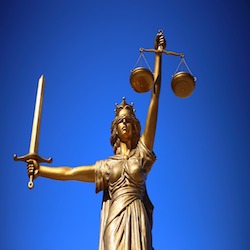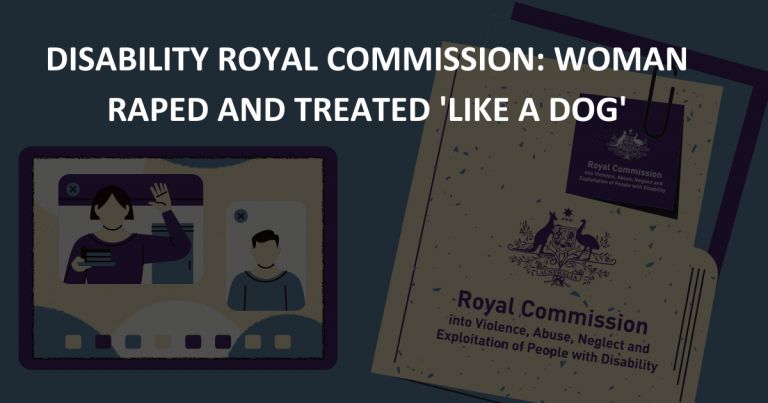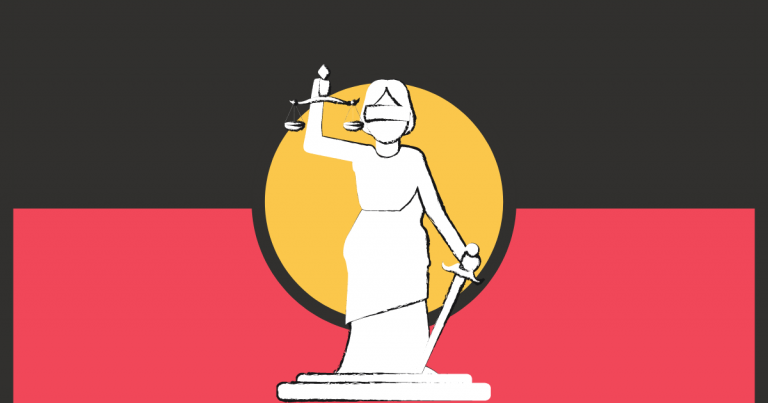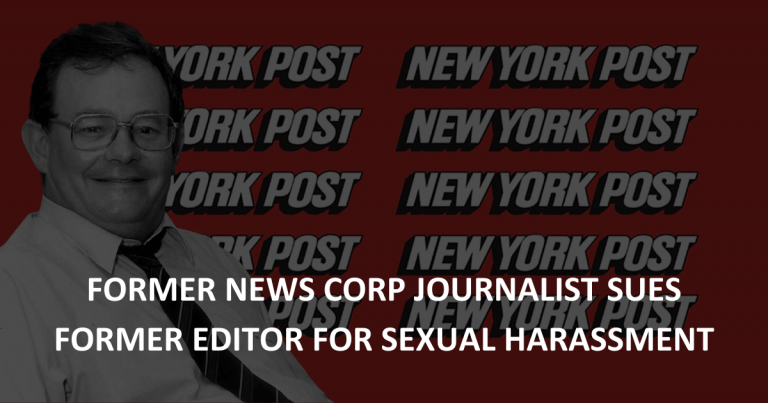When you think of what ‘justice’ means, your mind may turn to a familiar image of a blindfolded lady holding scales. We trust that, like those scales suggest, a good criminal justice system will afford fairness to those accused of breaking the law, ‘blind’ to a defendant’s wealth, power or status.

We know better than to say that’s reality. Yet, as Fife-Yeoman’s article about Sydney’s local courts earlier this week suggests, it may be one particular element determining whether for the same offence you cop a heavy sentence or walk without a conviction: access to a lawyer.
In a study comparing two Sydney local courts, it was found that the local court in Waverley where the median income is high handed down far more section 10 orders than the local court in Mt Druitt where the median income is lower. A section 10 order is given when the court is satisfied, even when there’s a plea or finding of guilt, that it is appropriate to order the dismissal of charges without proceeding to record a conviction.
This strongly indicates that people with the resources to afford legal representation are far more likely to obtain good outcomes in their cases. On the other hand, people who cannot afford a criminal defence lawyer may turn up to court unprepared. They may choose instead to represent themselves. As reflected in the numbers, this means that they may not have the court and legal know-how to present their case in the best possible light. Consequently, they are treated harshly by judges who do not see all there is to see about their situation. Worse yet, they may be unaware of their right to appeal a court’s decision if it is unjust.
If things are this divided across socioeconomic status in one city, it also raises questions about the slew of other characteristics across different States and Territories that may impact on a person’s access to a lawyer.
For example, it has been found that 94 percent of Indigenous Australian inmates at correctional centres in Darwin and Alice Springs in the Northern Territory tested positive for hearing loss primarily from untreated medical issues. This means that many of these individuals understandably avoided interaction with guards, parole officers and judges where their disability may have been revealed and addressed. Instead, they found themselves in a position where they could only agree with the sentence the magistrate handed down as they didn’t have the means to understand and put up a defence.
Commendably, there were a number of correctional officers who helped interpret the proceedings for the accused. However, this is not enough. Regardless of their background, people accused of crime need a lawyer in their corner who can help them navigate the system and actively represent their interests.
There should never be one law for those with privilege and another for those without.
Everyone is entitled to a strong and respectful defence against criminal charges. If you have been charged with a crime, don’t risk an unfairly harsh outcome by going without legal representation. If you are worried that you might not be able to afford a lawyer, we may be able to arrange legal aid to help fund your case. Contact us on 02 9261 4281 or on the contact form on this website for more information.





